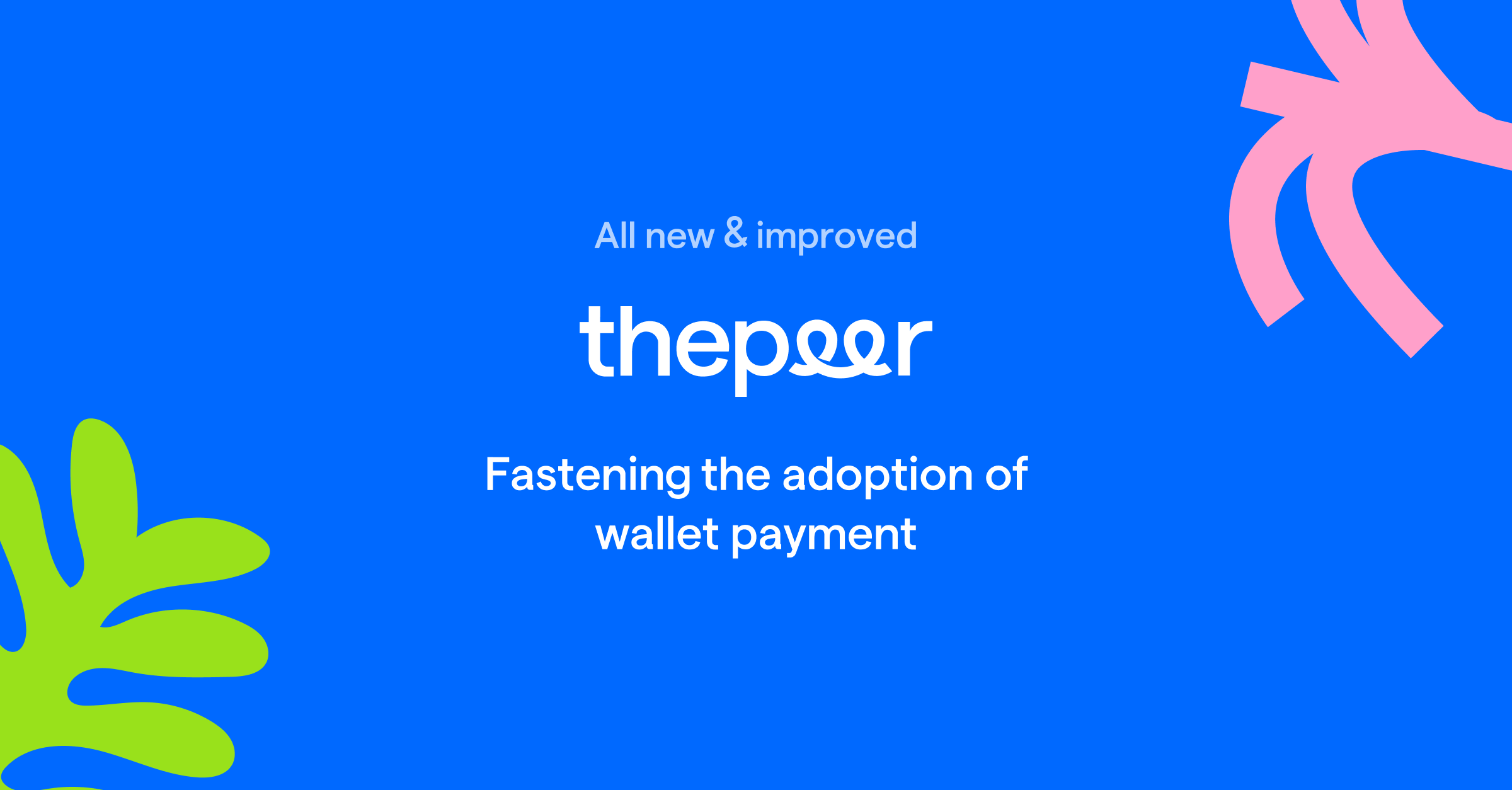Thepeer failed for one SIMPLE reason: A Case Study

Udokanma Georgewill
May 8, 2024

Thepeer, a FinTech company founded in 2021, was a promising startup. Launched by Kosisochukwu Chike Ononye and Michael Okoh (Trojan), Thepeer aimed to make things easier for everyone by streamlining digital wallet payments and transfers. They envisioned a world where people could pay and receive money seamlessly through digital wallets, a technology gaining traction in Nigeria.
Thepeer was like a behind-the-scenes helper for businesses. They offered technology (APIs) that businesses could integrate into their apps and websites. This would allow those businesses to offer their customers the ease of paying and receiving money through various digital wallets, all within the existing app or website. It was a win-win situation as businesses could expand their payment options and customers could enjoy a smoother experience.
However, despite initial excitement and a $2.1 million seed funding round in June 2022, Thepeer shut down last month. This unexpected turn of events sparked discussions within the Nigerian startup community, especially on X (formerly Twitter). Everyone wanted to understand what went wrong. This story explores Thepeer's business model, the “speculative” reasons behind its closure, and valuable takeaways for aspiring fintech ventures looking to make their mark in Nigeria.
The digital age has brought a revolution in how we manage our finances. Bulky wallets overflowing with cash and receipts are becoming relics of the past, replaced by the sleek convenience of digital wallets. These apps, installed on our smartphones, allow us to store credit cards, loyalty programs, and even boarding passes, all in one place. But while digital wallets have become ubiquitous, a key hurdle remains interoperability.
Thepeer saw this challenge as an opportunity. They recognized the frustration of users locked into segregated ecosystems and envisioned a solution: a platform that bridges the gap between different digital wallets. This platform would act as a neutral zone, facilitating smooth and, ideally, fee-free money movement across various digital wallets.
While the exact reasons behind their closure remain unknown, several factors could have played a part, highlighting the challenges faced by startups in the dynamic world of Fintech.
Firstly, the Nigerian fintech landscape is a bustling marketplace. Established giants like Paga, OPay, and Interswitch have carved their niches, offering a comprehensive suite of financial services. While Thepeer promised to streamline processes and unlock new opportunities, convincing established businesses to adopt a new solution was an uphill battle they had to fight. Integrating a new Fintech solution into an existing financial ecosystem is a complex task. It requires time, resources, and technical expertise. Companies, already stretched thin, may have been hesitant to invest these valuable assets into a solution whose benefits haven't been demonstrably superior to their current setup. The cost-benefit analysis often leans towards sticking with the familiar, even if it means missing out on potential advancements.
Secondly, navigating the regulatory landscape in Nigeria's Fintech sector can be a nightmare. Thepeer might have encountered challenges in obtaining the necessary licenses or complying with new regulations. For example, KYC (Know Your Customer) and AML (Anti-Money Laundering) regulations are crucial for Fintech companies, and ensuring compliance can be a complex and resource-intensive process. Additionally, the CBN has issued guidelines around data privacy and security, and Thepeer might have struggled to meet these requirements. The regulatory landscape can also be unpredictable, with new regulations emerging frequently.
Ultimately, Thepeer's success hinged on striking a delicate balance. They needed to attract businesses with a compelling initial offer while building a sustainable business model for the long run. Finding creative and user-centric ways to generate revenue would have been crucial for their survival in the competitive fintech landscape. Unfortunately, we may never know what strategies they might have implemented, as their story remains unfinished.
Thepeer's story might serve as a wake-up call for established players. The gap they identified presents an opportunity for collaboration. Established Fintech companies like Paga, OPay, PiggyVest, and Interswitch could explore partnerships or develop their solutions to allow users to send and receive money across platforms. This user-centric approach would benefit everyone in the ecosystem.
Furthermore, regulatory changes might pave the way for a more integrated future. An increased focus on open finance, where data can be securely shared between financial institutions, could be a game-changer. With open finance principles in place, integrating different wallets becomes more feasible, fostering smoother transactions and ultimately benefiting users.
Thepeer's experience emphasizes that identifying a genuine problem is only the first step. Building a successful solution requires careful consideration of various factors. The need for adaptation, navigating complex regulations, and establishing a sustainable business model are all crucial for survival.
We hope that this story inspires future startups to tackle the challenges head-on, paving the way for a more inclusive and interconnected financial system for all Nigerians.


